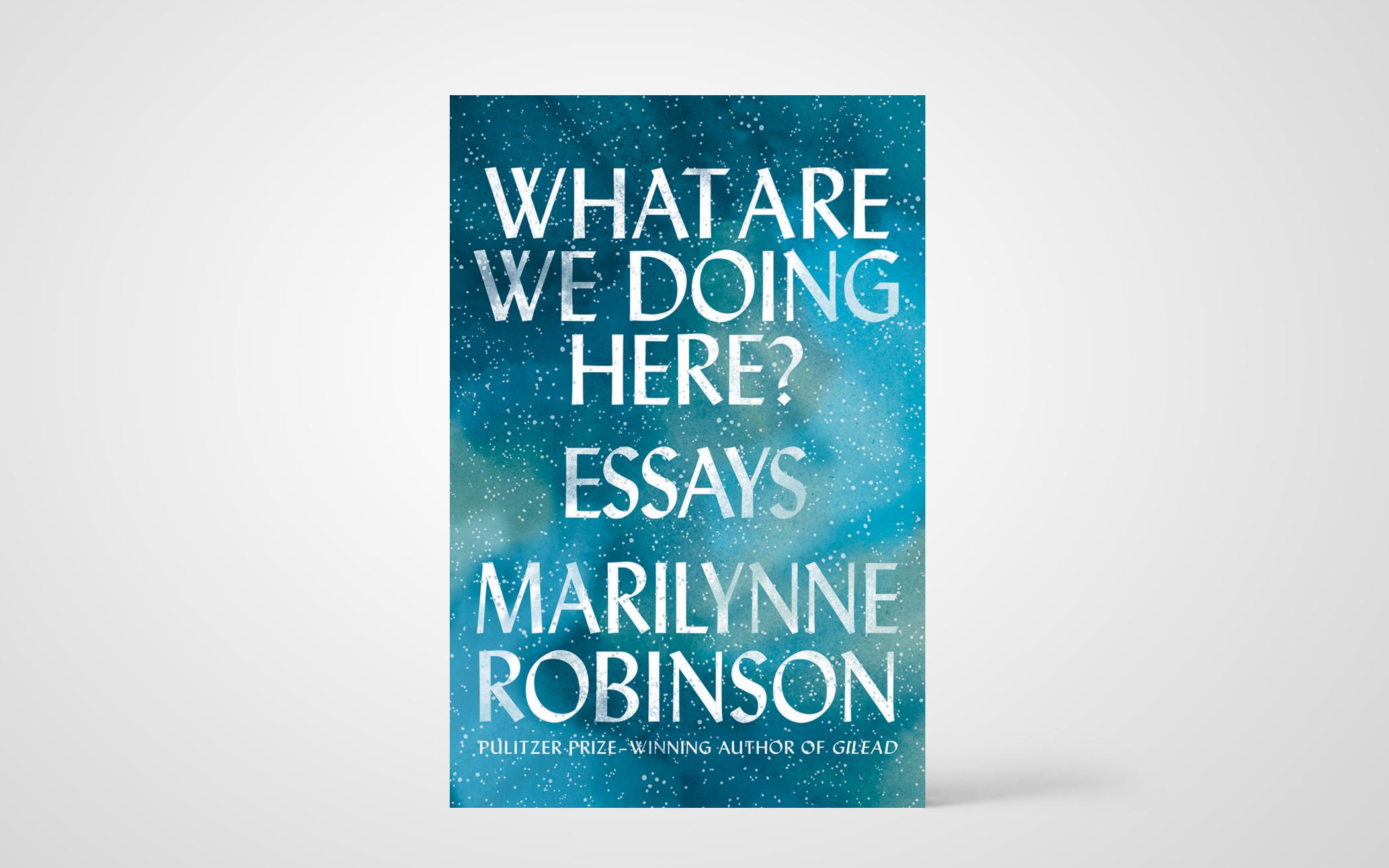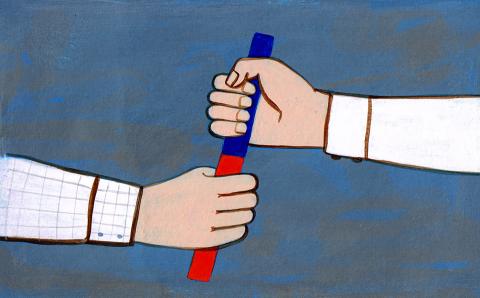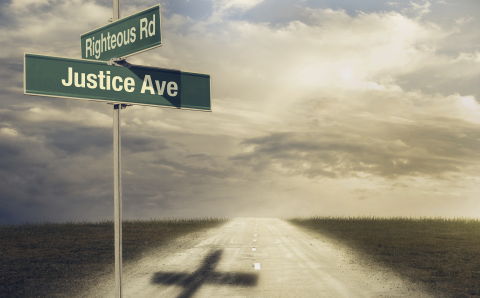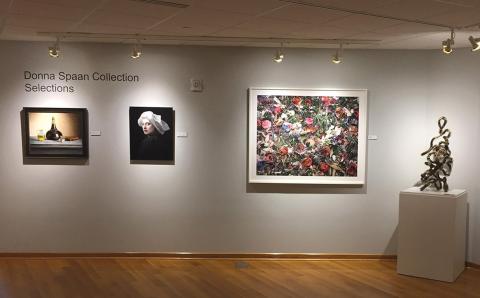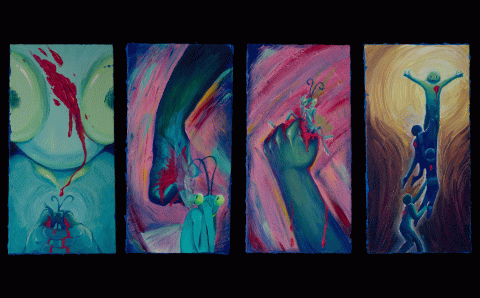Marilynne Robinson’s first novel, Housekeeping (1980), told the story of three immensely solitary people who together improvise a loving, if strange, family. In retrospect, that novel’s plot—if one can reduce a story that the reader experiences as a minutely engineered symphony of words to a “plot”—set out the problem that all Robinson’s subsequent work, fiction and nonfiction, has dealt with: how can we construct a social world that works while also respecting, and leaving room for, the immense otherness of other people? How do we live together in our weirdness?
If Robinson’s subsequent fiction shows this problem working itself out in the lives of two Iowa families, her nonfiction takes dead aim at the stories we Americans tell ourselves about ourselves and about our mother country, and the vast omissions and oversimplifications in these stories, and the way this inadequate self-understanding has brutalized our social life and stupefied our public conversation. We could so easily, Robinson argues, build a world far worthier of ourselves and each other, a world that accommodates us to each other without beating us into sameness. In essay after essay, she has constructed an alternate story of the American past, one that gives us permission to do so.
In earlier collections, she has begun this story with John Calvin—not most Americans’ first choice, perhaps. In What Are We Doing Here?, she moves a few centuries further into the past, examining medieval Christian dissidents. Other historical figures and topics that she turns into unexpectedly riveting reading include Edward VI, Oliver Cromwell, the Renaissance humanists Thomas Norton and Arthur Golding, the abolitionist Louis Tappan, and the local legal codes that American colonies threw together during the Cromwell era. She reaches the unexpected but, once you’ve thought about it, obvious conclusion that both press and religious freedom were greater in Puritan states than in the south. In the process she renews readers’ curiosity about the past, our hope for a better world, and our faith in the God that shapes past and future alike. (Farrar, Straus and Giroux)
About the Author
Phil Christman teaches English at the University of Michigan and attends St. Clare's Episcopal Church in Ann Arbor, Mich.

